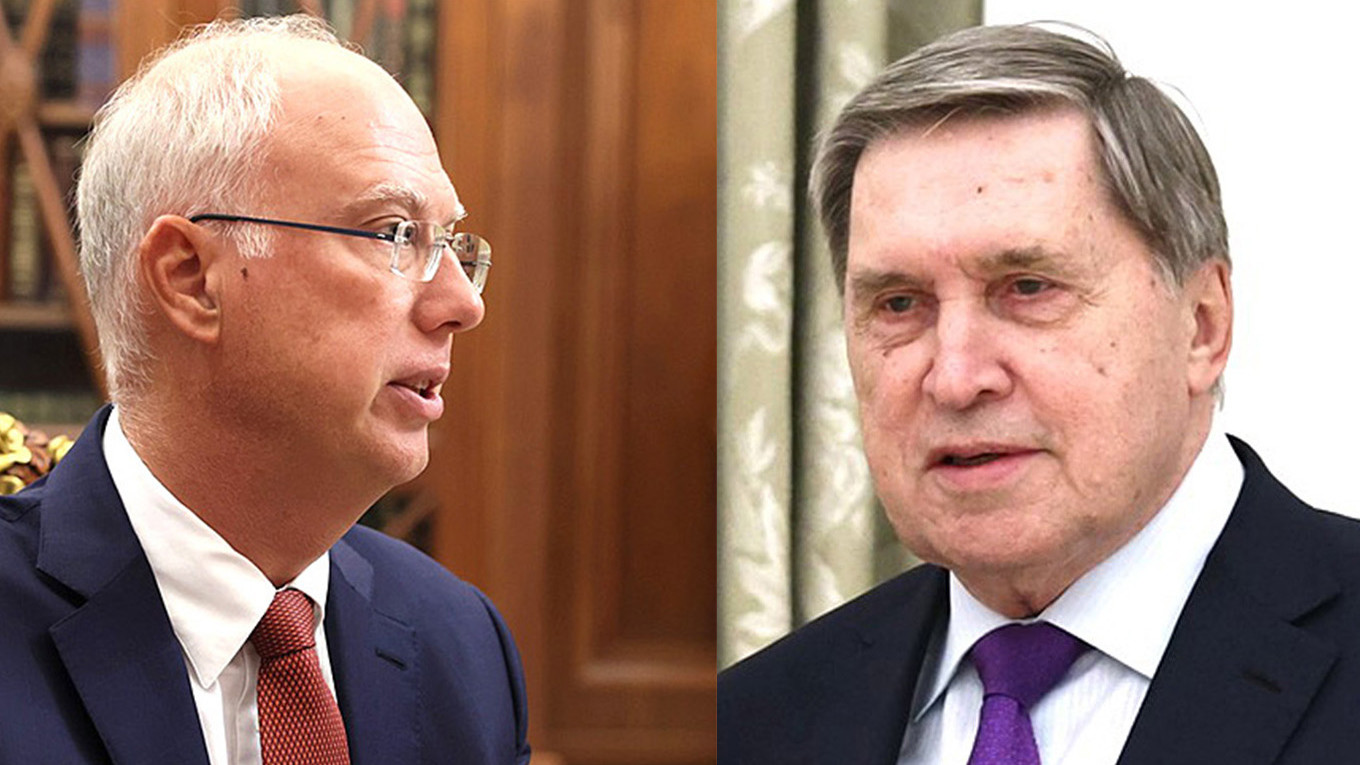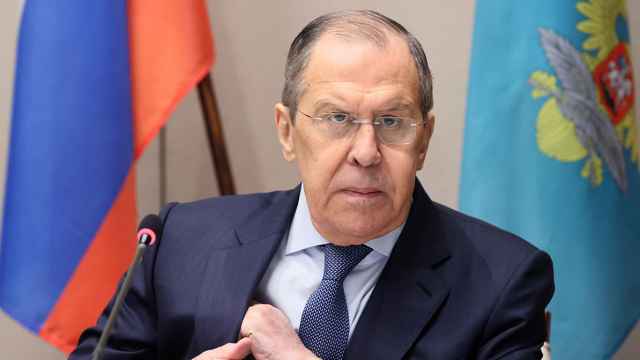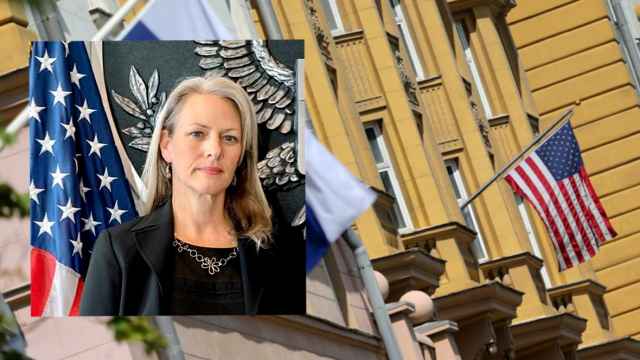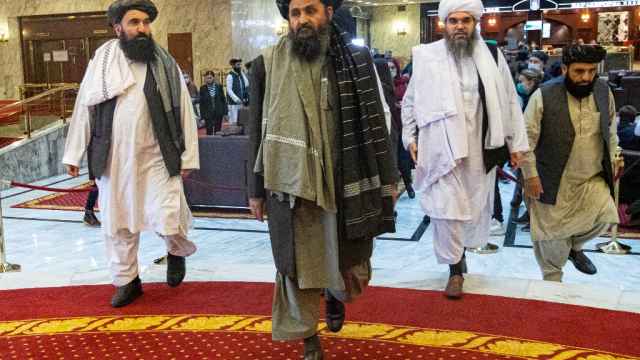The group of Russian negotiators who met with American officials in Saudi Arabia in February clashed over who would have a seat at the negotiating table, the independent news outlet Agentstvo reported, citing an anonymous source familiar with the matter.
The dispute involved the official Russian delegation — which included Foreign Minister Sergei Lavrov and presidential aide Yury Ushakov — and President Vladimir Putin’s special envoy, Russian Direct Investment Fund (RDIF) head Kirill Dmitriev.
According to Agentsvo’s source, the confrontation between the two camps boiled over during the U.S.-Russia talks in Riyadh, Saudi Arabia, on Feb. 18 — the first meeting between the two countries since Russia's invasion of Ukraine.
Before the meeting, Putin had told Lavrov that the delegation would include only himself and Ushakov. But in a separate meeting, Putin granted Dmitriev’s request to participate in the talks — without informing Lavrov, the source said.
“Lavrov was very surprised to see three chairs on the Russian side of the negotiating room,” Agentsvo cited its source as saying.
When Lavrov was informed that the third seat was for Dmitriev, he reportedly moved the chair away from the table and said, “If he wants to take part, let Vladimir Vladimirovich [Putin] tell me himself.”
Dmitriev then moved to the hallway, where he started speaking with journalists, according to the source.
He allegedly returned to the room during a break in talks and took a seat at the table while Lavrov had stepped out.
Though visibly displeased upon his return, Lavrov refrained from making a scene in front of the American delegation, which included President Donald Trump’s National Security Advisor Mike Waltz, Secretary of State Marco Rubio and special envoy Steve Witkoff.
The source added that Dmitriev asked to sit at the table for “at least 15 minutes.”
Footage released by the Russian Foreign Ministry shows Dmitriev as part of the Russian delegation, though it also appears to capture Ushakov pushing the Saudi official who was greeting the Russians away from Dmitriev.
While Dmitriev gave comments to the press in Riyadh, Agentstvo noted that no photos or videos showed him at the negotiating table.
The RDIF only released images of Dmitriev speaking informally with U.S. officials at moments when Lavrov and Ushakov were not present.
“Everyone goes to Putin individually, and he tells each person something different,” the source said. “That’s part of the reason why no one can clearly articulate Russia’s demands at the talks.”
The Feb. 18 meeting concluded without significant progress — according to Ushakov, the two sides did not reach common ground during the 4.5 hours of discussions.
There was no concrete agreement on a possible in-person meeting between Putin and Trump. And while the war in Ukraine was discussed, the parties agreed only to remain in contact, without setting a timeline or clarifying who would be involved in future talks. Later, Rubio said the U.S. and Russia had agreed to restore staffing levels at their respective embassies in Washington and Moscow.
On Thursday, Dmitriev met with Trump’s special envoy Witkoff in Washington. The Russian Foreign Ministry did not comment on the meeting, and Kremlin spokesman Dmitry Peskov merely said: “We are continuing our communication through different channels.”
A Message from The Moscow Times:
Dear readers,
We are facing unprecedented challenges. Russia's Prosecutor General's Office has designated The Moscow Times as an "undesirable" organization, criminalizing our work and putting our staff at risk of prosecution. This follows our earlier unjust labeling as a "foreign agent."
These actions are direct attempts to silence independent journalism in Russia. The authorities claim our work "discredits the decisions of the Russian leadership." We see things differently: we strive to provide accurate, unbiased reporting on Russia.
We, the journalists of The Moscow Times, refuse to be silenced. But to continue our work, we need your help.
Your support, no matter how small, makes a world of difference. If you can, please support us monthly starting from just $2. It's quick to set up, and every contribution makes a significant impact.
By supporting The Moscow Times, you're defending open, independent journalism in the face of repression. Thank you for standing with us.
Remind me later.






